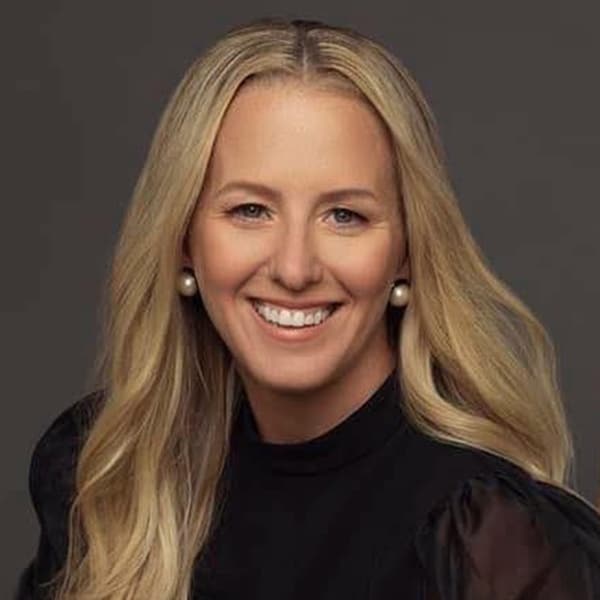
By Shari Flight
When someone is diagnosed with dementia, they usually do not have enough knowledge about the condition to know the follow-up questions that should be asked. Additionally, they know the bare minimum about dementia, other than it involves memory loss and is linked to Alzheimer’s Disease. Although both are accurate, there is so much more to dementia than the average person is aware of. For example, did you know that dementia is not a disease, but the symptoms that come accompany an underlying disease such as Alzheimer’s? Or that there are over 400 different types of dementia?
Dementia is an umbrella term for the symptoms accompanying brain diseases or injuries. Dementia is the loss of cognitive functions that include memory, logic, and reasoning. These are your textbook symptoms that you see and that are most familiar. However, there are some forms of dementia that have specific symptoms, such as hallucinations, delusions, or agitation. This is why it is so important to be referred to a dementia specialist, such as a neurologist.
Neurologists are better equipped to provide the caregiver and person living with dementia a better understanding of the diagnosis, a more in-depth diagnosis, and this health professional can follow the individual’s progression over time. They will be able to provide guidance each step of the way and a better understanding about current and progressive symptoms.
Unfortunately, most people are not referred to a dementia specialist, which results in them having significantly less support. According to a study done by researchers at University of Southern California, John Hopkins University and the University of Washington, “85% of people first diagnosed with dementia were diagnosed by a non-dementia specialist physician, usually a primary care doctor, and an ‘unspecified dementia’ diagnosis was common.” (Read the study.)
Knowledge is power and having the knowledge of what type of dementia is affecting your loved one will change how you care for and interact with them. At The Cordwainer, we make sure to ask each caregiver that inquires about our community if they know what type of dementia their loved one has. Most are given the diagnosis of dementia, so we educate them on the benefits of knowing what type of dementia.
Shari Flight is The Cordwainer’s Director of Community Relations. She co-facilitates The Cordwainer memory care support groups alongside The Cordwainer’s Program Director Somita Ray.

